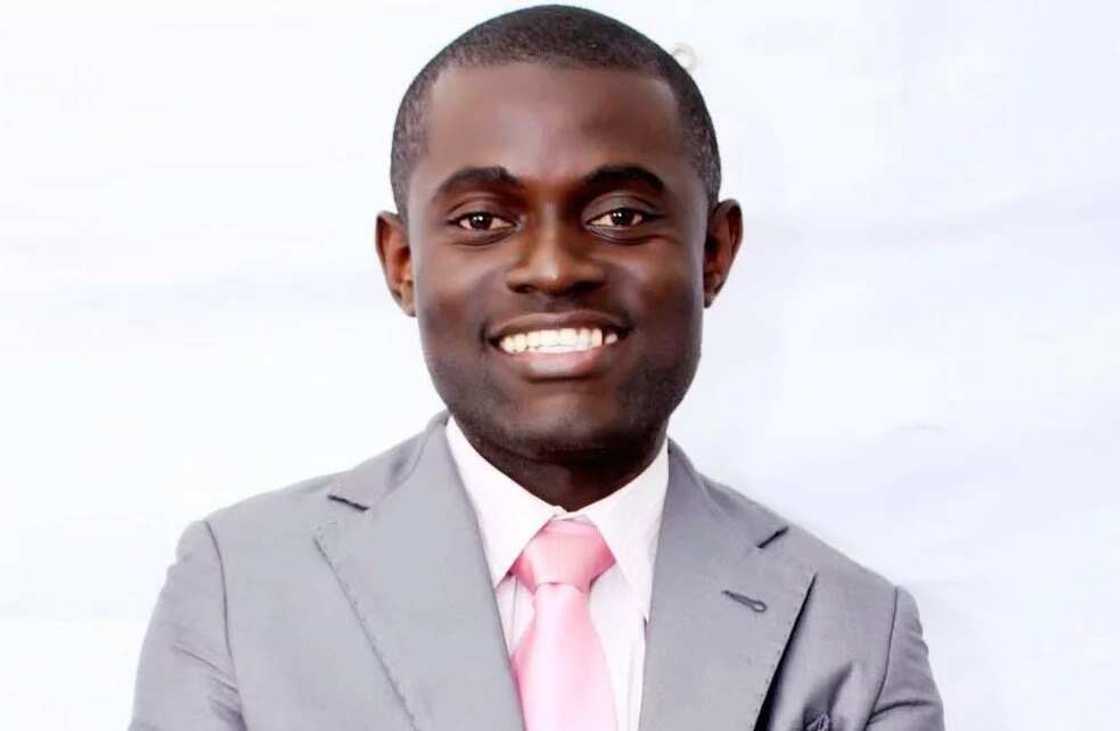Nigerian Anti-Corruption Agencies Revived?
Editor’s note: Now that Muhammadu Buhari is at the helm of our affairs, the Nigerian anti-corruption agencies are seemingly going through "the Renaissance” phase. However, for them to start making a noticeable headway, the actions of all links in the chain of Nigerian criminal justice system must be coordinated, the Legit.ng columnist Joachim MacEbong notes.
This article expresses the author’s opinion only. The views and opinions expressed here do not necessarily represent those of Legit.ng or its editors.
Story highlights:
— “[Buhari] has not made any changes to the leadership of the EFCC, and yet, the same EFCC that has been mostly dormant since 2007, has now sprung to life"
— “Sloppiness on the part of Nigeria’s criminal justice system makes a mockery of any attempts to change the behavior of its amazingly corrupt political and bureaucratic class"
— The main battles are fought inside courtrooms, not on the platforms of news outlets
Proving the difference between correlation and causation can be tricky, but when a country’s anti-corruption agencies are getting back in the headlines for going after the big fish, during the presidency of a man that abhors corruption, you have to assume the former.
It’s amazing how much can change about the institutions in a society, merely by the body language of the man at the top. A major part of Muhammadu Buhari’s appeal, which carried him to Aso Rock, is his zero tolerance for corruption.
And so, we may be witnessing the revival of Nigeria’s anti-corruption war, even without any obvious changes by the president. Buhari does not have a Chief of Staff, Secretary to the Government of the Federation, or ministers. He has not made any changes to the leadership of the EFCC, and yet, the same EFCC that has been mostly dormant since 2007, has now sprung to life.
Three ex-governors, Ikedi Ohakim from Imo, Murtala Nyako from Adamawa, and Sule Lamido from Jigawa have been charged to court in recent days. The last two have been charged along with their sons. Obviously, they prefer to keep things in the family. A fourth ex-governor, Timipre Sylva of Bayelsa, has had fresh charges filed against him after the previous charges were dismissed on a technicality.
The former Head of Service of the Federation, Steve Oronsaye, most popularly known for his report regarding the reduction in the number of ministries, departments and agencies, has also been charged with theft and money-laundering. Not to be left out of this revival, the ICPC has charged five directors of the Niger Delta Ministry for stealing N605 million.
Sule Lamido’s case is especially interesting because he has been denied bail until the judicial system resumes from its break in September. So for over two and a half months, a man who finished his two terms as governor only in May will be in custody, waiting for his case to be heard. However, he was granted bail on Tuesday 14 July on his personal recognition. It marks a drastic reversal for a man who finished his two terms as governor of Jigawa state only in May.
In Obasanjo’s first term, Lamido was the foreign minister after narrowly losing out to Saminu Turaki in the Jigawa state governorship race. He eventually achieved that aim in 2007, and could have challenged Goodluck Jonathan for the presidential ticket last year.
Indeed, it is not often in Nigeria that someone of that caliber is in this position, but recent history does not bring forth much optimism that any of these men, if guilty, will be put away.
On July 1, just a couple of weeks ago, Justice Rita Ofili-Ajumogobia discharged and acquitted former aviation minister Femi Fani-Kayode of charges brought against him by the EFCC, describing the case as ‘feeble’.
The case of Buruji Kashamu, freshman senator for Ogun West, is even more laughable. He has an extradition order on his head to face drug-related charges in America, but rather than first obtain an arrest warrant, the NDLEA chose instead to lay siege at his residence very early on May 23, only for Kashamu to go to the courts, and for the NDLEA to be ordered to vacate his premises with their tails between their legs on May 28.
These are just two examples of how sloppiness on the part of Nigeria’s criminal justice system makes a mockery of any attempts to change the behavior of its amazingly corrupt political and bureaucratic class. For any war on corruption by this administration to make headway, those who handle prosecutions on behalf of the state must raise their game, or else obviously corrupt people will walk free.
Since we are in a democracy, there is no option of simply stringing up people and shooting them, or putting them in crates for onward movement to face trial. It has to be done the ‘hard’ way, requiring a painstaking gathering of compelling evidence, and an attention to detail that reduces the room for maneuver.
Corrupt people are put away through courts, not pages of newspapers, and until the biggest of them get locked up with regularity, we cannot say as a society that the war on corruption has commenced.

Joachim MacEbong is a communications professional and political analyst.
Source: Legit.ng


